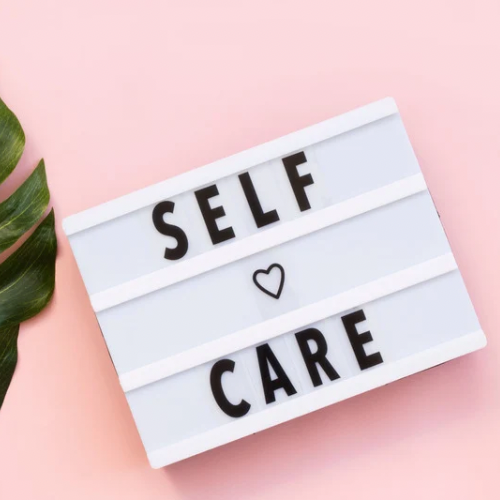
How to Design Your Ultimate Self-Care Lifestyle
Share
🪷 Prioritizing self-care is a valuable step towards maintaining both your mental and physical well-being. It involves deliberately making time for activities that nurture you on all levels—body, mind, and spirit. Here’s a structured way to approach this:
1. Identify Your Needs
- Physical: Regular exercise, adequate sleep, nutritious food, and relaxation.
- Emotional: Time to process feelings, connect with loved ones, or engage in hobbies that make you happy.
- Mental: Activities that stimulate your intellect and curiosity, such as reading, learning new skills, or solving puzzles. Reflect on your day each night - did you live in alignment with your values?
- Spiritual: Practices that align with your beliefs and values, like meditation, prayer, or nature walks.
2. Set Clear Boundaries
- Learn to say no to demands on your time that conflict with your self-care goals.
- Set specific work hours if possible, and try to disconnect from work outside of these times.
- Limit time spent on digital devices to avoid burnout.
3. Create a Self-Care Routine
- Establish daily, weekly, and monthly routines that incorporate elements of self-care.
- Daily: Include activities like meditation, reading, or exercise. Set aside time every morning and evening to cleanse, nourish, hydrate, and protect your skin.
- Weekly: Plan something special that you can look forward to, such as a movie night, a long bath, or a virtual catch-up with friends.
- Monthly: Consider setting aside a day for a full recharge—maybe a spa day, a short trip, or a creative workshop.
4. Stay Flexible
- Allow your self-care routine to evolve based on changing needs and circumstances. What works one month might need adjustment the next.
- Listen to your body and mind. If you're feeling overwhelmed, it might be time to enhance your self-care practices or try new ones.
5. Seek Professional Help When Needed
- Recognize when you need help from a professional, such as a therapist, counselor, or coach, and don’t hesitate to reach out.
6. Maintain Social Connections
- Even introverts need some level of social interaction. Make time for deep and meaningful conversations with friends and family. Having a close friend to remind each other to put self-care first is so valuable!
7. Regularly Assess and Reflect
- Regularly reflect on how your self-care practices are affecting your overall happiness and adjust as needed.
- Celebrate small victories and acknowledge your progress in prioritizing your well-being.
Implementing these steps can help you build a robust self-care plan that supports your overall happiness and health, allowing you to function at your best in all areas of life. 🪷
